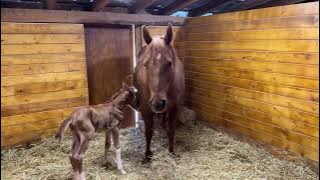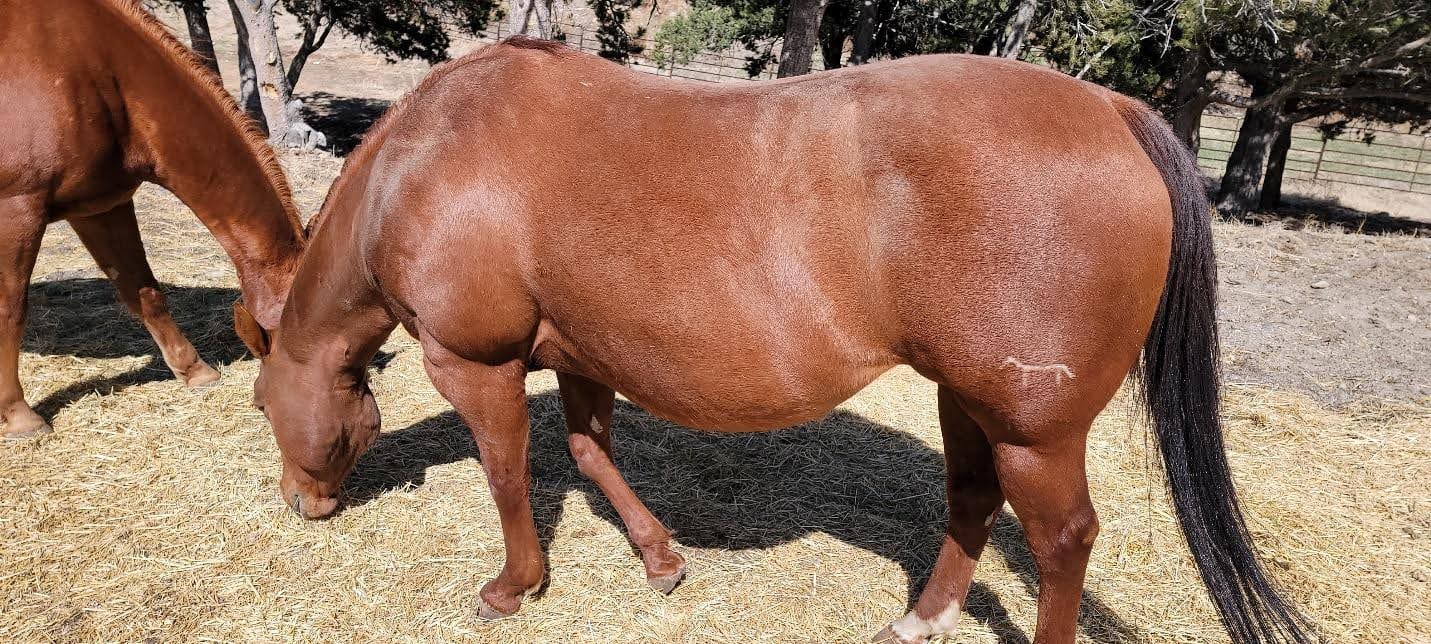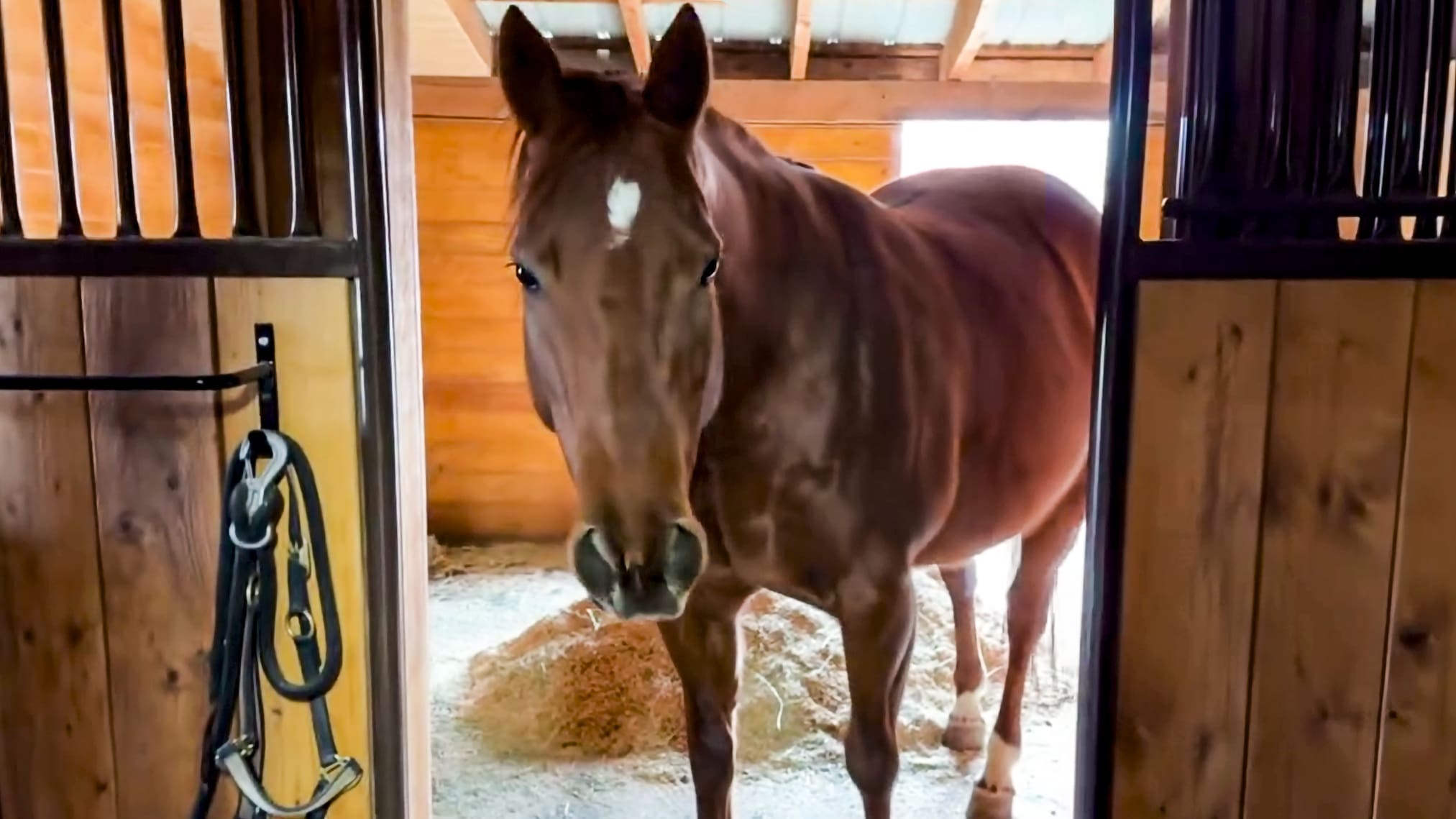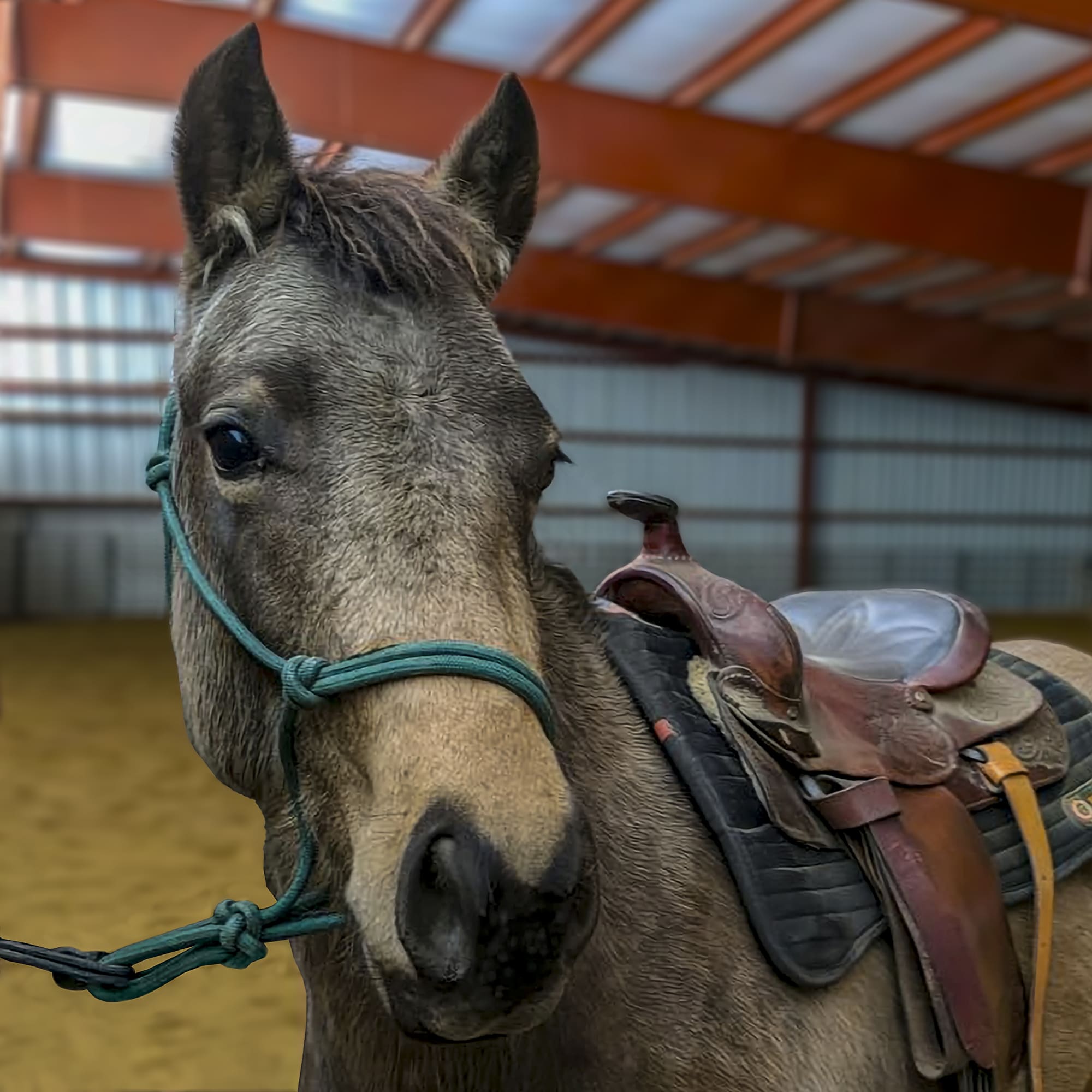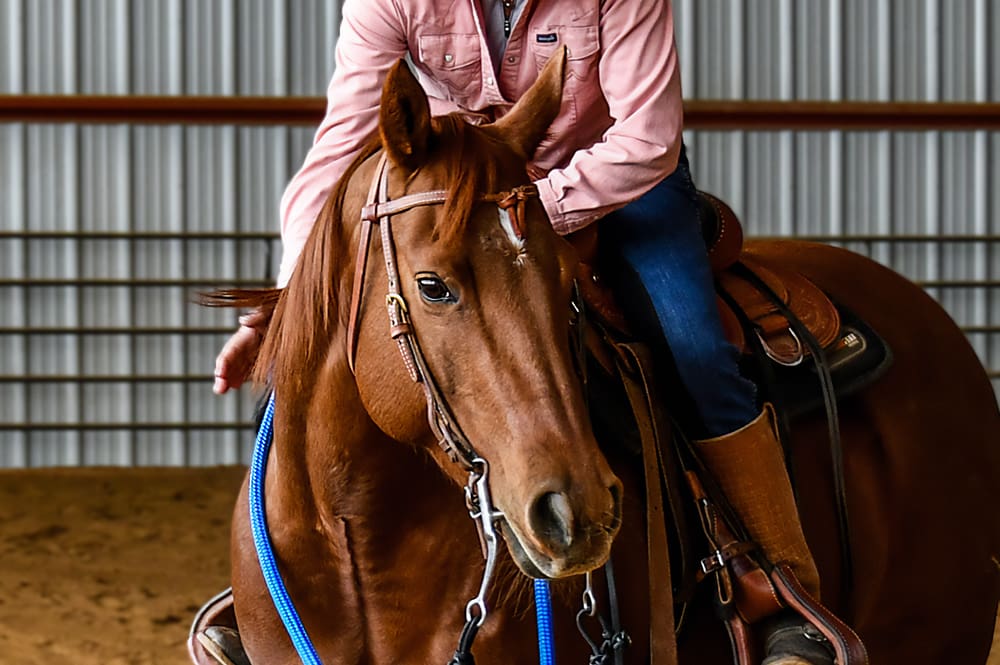
Horses are very precocious animals—they are fast learning and their education begins in the first moments of life. Unfortunately, they learn inappropriate things just as quickly as the good stuff, so it is easy to make mistakes that will cause any horse pick up some undesirable (or even dangerous) behaviors along the way.
Sometimes, through no fault of their own, horses have simply missed a proper education and must be patiently taught manners later in life and/or after being mishandled. Good manners aren’t always natural to the horse, at least not in the way us humans define them.
Horses must learn what is expected of them while being handled by humans. Many of the skills we require of well-mannered horses, like ignoring their surroundings to focus on the task at hand and facing and approaching a scary stimulus instead of running from it, come from clear and consistent training and competent handling over time.
So how do you know where to start with your horse? First. you need to do a thorough examination of where your horse is at right now. After you have laid out what your horse does know, you can identify the holes in his training and set reasonable goals from there.
When I work with horses and riders in-person, at a clinic or expo, I can see with my own eyes how the horse acts and responds and how the rider engages the horse, but helping horses and riders I’ve never met is more of a challenge without a lot of information up front that I need to understand where the horses and riders are in their journey.
To bridge the gap, I developed a series of questionnaires for my online coaching students that help me get a full understanding of what level of training it currently has, and where the holes may be. Other questionnaires for new students, similarly, give me an understanding of the rider’s ability and training level, as well as the horse’s conformation and temperament.
See where your horse stands right now and take my “What is Your Horse’s Training Level?” quiz:
What Your Horse’s Score Means:
Your horse’s score gives you a baseline, illuminates training priorities, and helps you develop an effective training plan.
A 70% is a good score, and anything above that is awesome and you should have a huge appreciation for your horse. Don’t fret if your score is below 70%—it simply means you have things to work on with your horse. (Don’t we all?)
First, you must recognize how much of the low score originates with you—either through poor handling or unclear, inconsistent expectations. Sometimes changing your leadership is all the horse needs to become a perfect horse!
Then you must determine where the holes in your horse’s training are and how you can patch them. The training resources in my online Academy will help, and my Interactive Curriculum will give you specific training exercises and educational resources to get you on the right path, with me as your coach. Some of the assignments, like this one, are designed to find (and plug) holes in the horse’s training, while others are designed to refine the horse’s training and develop high-level skills.
If you are starting with raw ingredients—either a youngster or a mature horse that missed out on a proper education, it will take time (weeks and months) to develop these skills and engrain these qualities in your horse. Don’t be overwhelmed! Instead, start forming your expectations and teaching them to your horse today. Set some ground rules.
If your horse is not just missing some education, but has been trained improperly—meaning he has learned wrong things, like he can do or not do whatever he wants—achieving these ideal qualities will take even longer. You can start working toward these ideals today, but be aware that you may need to change your approach. It may be that you need to change your ways—not the horse. Consistency and clarity will help make your job easier.
There’s no such thing as a bad horse or bad behavior. Behavior should not have a value judgment on it—it’s neither bad nor good, it’s just behavior. Horses act like horses, unless they’ve been taught to act differently. Horses reflect their handlers and act solely in ways that are either instinctive or learned. When a horse displays behavior that is undesirable to us, it is either because it’s his natural behavior or he has actually been taught to act that way through poor handling and training (the latter happens a lot more often than one might think).
It’s hard to know where you’re going without knowing where you’ve been—and where you are right now. Completing this assignment should give you a greater understanding of your horse’s training level now, and help you see the path ahead.
